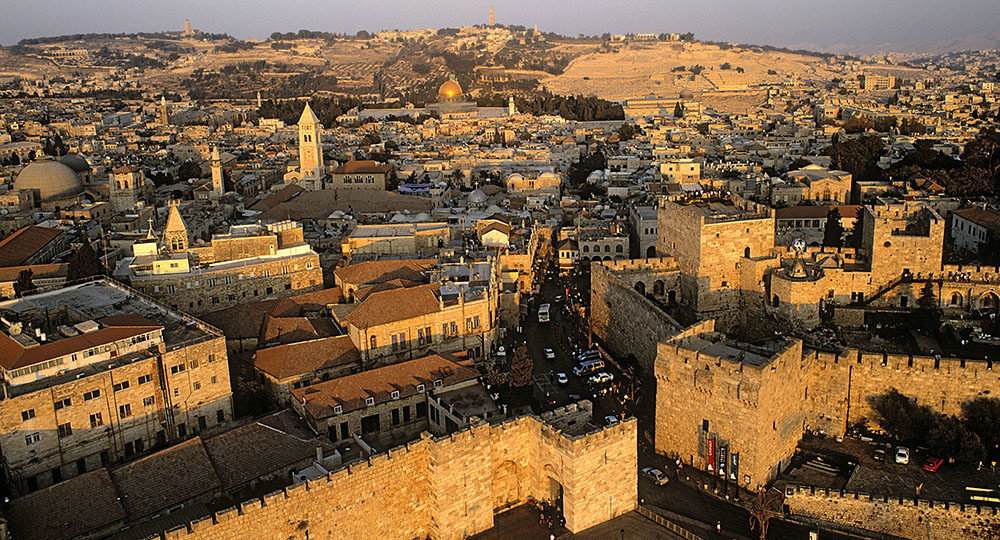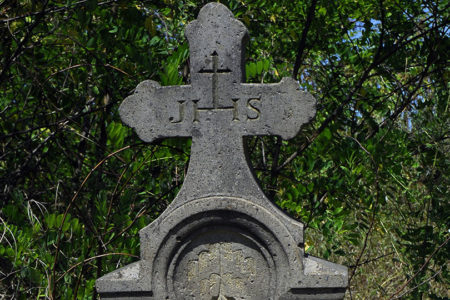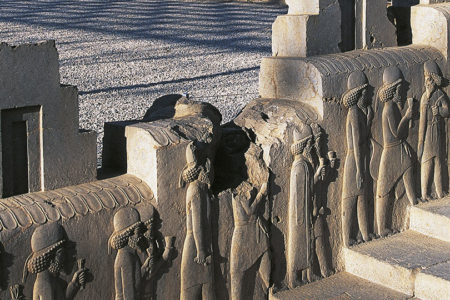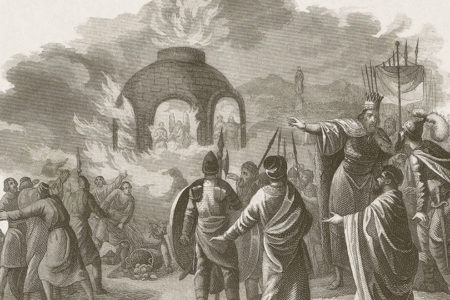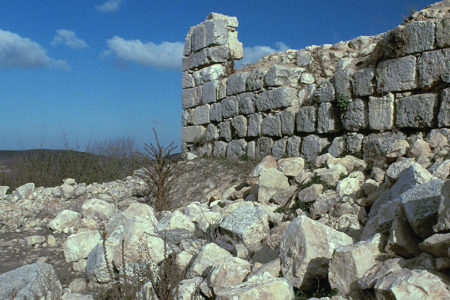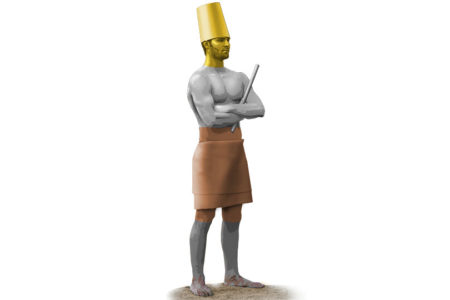Daniel’s Prayer for Israel
Darius the Mede was appointed king over Babylon in 539 B.C.(Dan. 9:1). In the first year of his reign, the prophet Daniel, by now an old man who had spent most of his life as a Babylonian captive, was reading the scroll of the prophet Jeremiah (25:11; 29:10) and realized Israel’s 70-year captivity was soon to end (Dan. 9:2). So he humbled himself in sackcloth and ashes and began a season of prayer and fasting of unspecified duration (v. 3).
Daniel’s prayer for Israel provides an insightful glimpse into the prophet’s commitment to God and is a model for earnest, intercessory prayer.
First, Daniel praised God as great and awesome, who keeps His covenant with and extends mercy (loyal love) to all who love and obey Him (v. 4). He also recognized God as transcendent, righteous, and just in His dealings with unfaithful Israel (vv. 7, 14, 16) and acknowledged God’s justification in punishing Israel for its sin.
Second, Daniel repented of his own sins against God and then those of Israel. Four times he repeated the phrase We have sinned (vv. 5, 8, 11, 15), accepting responsibility for his personal sins and those of his people. He specifically listed iniquity, wickedness, rebellion, and unfaithfulness and confessed that Israel had departed from God’s precepts and judgments (v. 5) and failed to heed the prophets (v. 6) or obey God’s voice and laws (vv. 10–11).
Thus he recognized a direct correlation between Israel’s transgressions and the judgments in the Law of Moses (vv. 11–12; cf. Dt. 28:15–68). These judgments were poured out on Israel, resulting in Jerusalem’s destruction and the people’s captivity (vv. 12–14).
Third, Daniel requested that God turn His anger, fury, and wrath away from Jerusalem. In other words, he asked God to end Israel’s punishment, free the people from captivity, restore Jerusalem and the Temple, hear and have mercy on the people and city (v. 18), and forgive the nation’s sins for His name’s sake (vv. 17–19). Daniel urgently requested that God “not delay” (v. 19) but answer his prayer swiftly.
God responded quickly and dramatically by sending the angel Gabriel while Daniel was still praying (vv. 20–21). Gabriel was dispatched at the inception of Daniel’s prayer to provide the beloved prophet with understanding about Israel’s future (vv. 22–23).
Soon after, Cyrus, ruler of the Medo-Persian Empire, decreed that the Jewish people could return to rebuild Jerusalem and their Temple (2 Chr. 36:22–23). Gabriel clearly indicated a divine connection between Jeremiah’s prophecy, Daniel’s prayer, Cyrus’s decree, and God’s future plans for Israel (Dan. 9:23–25). While Daniel was praying, Gabriel again appeared to the prophet and informed him of God’s future program for Israel (vv. 24–27) until the time of the end (12:9).
